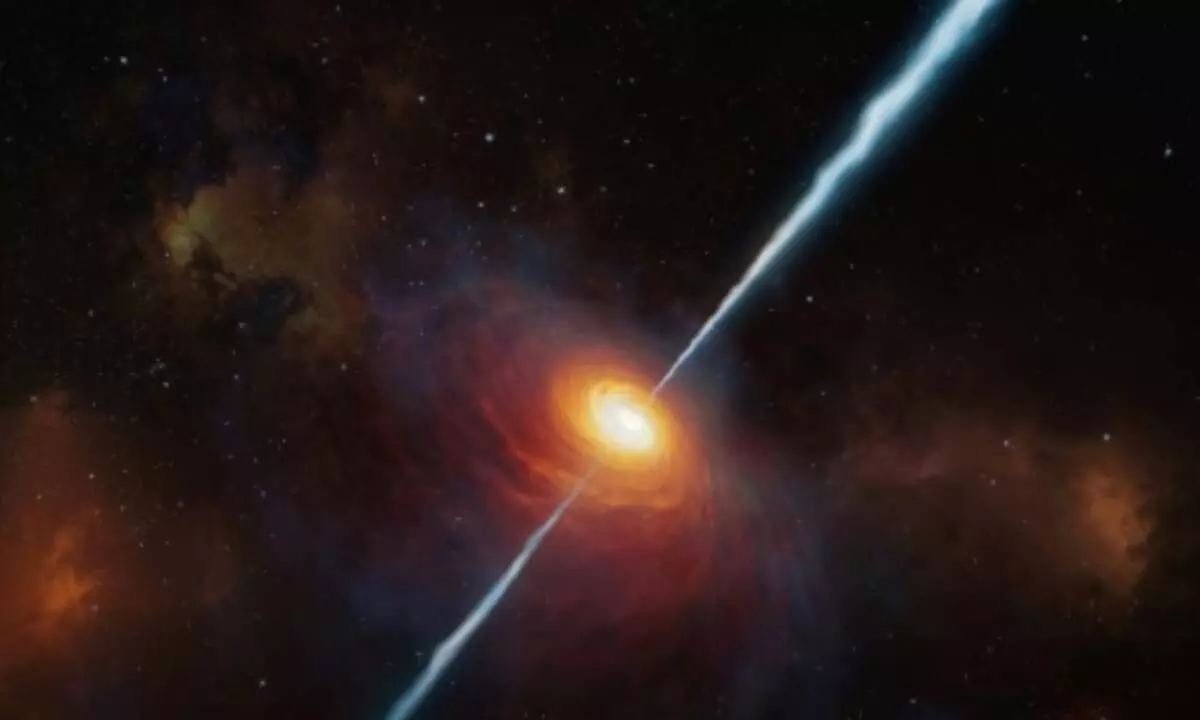Time ran 5 times slower in early universe: Study
If you were there, in this infant universe, one second would seem like one second - but from our position, more than 12 billion years into the future, that early time appears to drag
image for illustrative purpose

Sydney Scientists have for the first time observed the early universe running in extreme slow motion, unlocking one of the mysteries of physicist Albert Einstein's expanding universe.
Einsteins general theory of relativity means that we should observe the distant - and hence ancient - universe running much slower than the present day. However, peering back that far in time has proven elusive. Scientists have now cracked that mystery by using quasars as 'clocks'. Quasars are the supermassive black holes at the centres of early galaxies.
"Looking back to a time when the universe was just over a billion years old, we see time appearing to flow five times slower," said lead author Professor Geraint Lewis from the School of Physics and Sydney Institute for Astronomy at the University of Sydney. "If you were there, in this infant universe, one second would seem like one second - but from our position, more than 12 billion years into the future, that early time appears to drag," he said.
In the research published in the journal Nature Astronomy, Lewis and his collaborator, Dr Brendon Brewer from the University of Auckland, used observed data from nearly 200 quasars to analyse this time dilation.
"Thanks to Einstein, we know that time and space are intertwined and, since the dawn of time in the singularity of the Big Bang, the universe has been expanding," Lewis said. "This expansion of space means that our observations of the early universe should appear to be much slower than time flows today.

